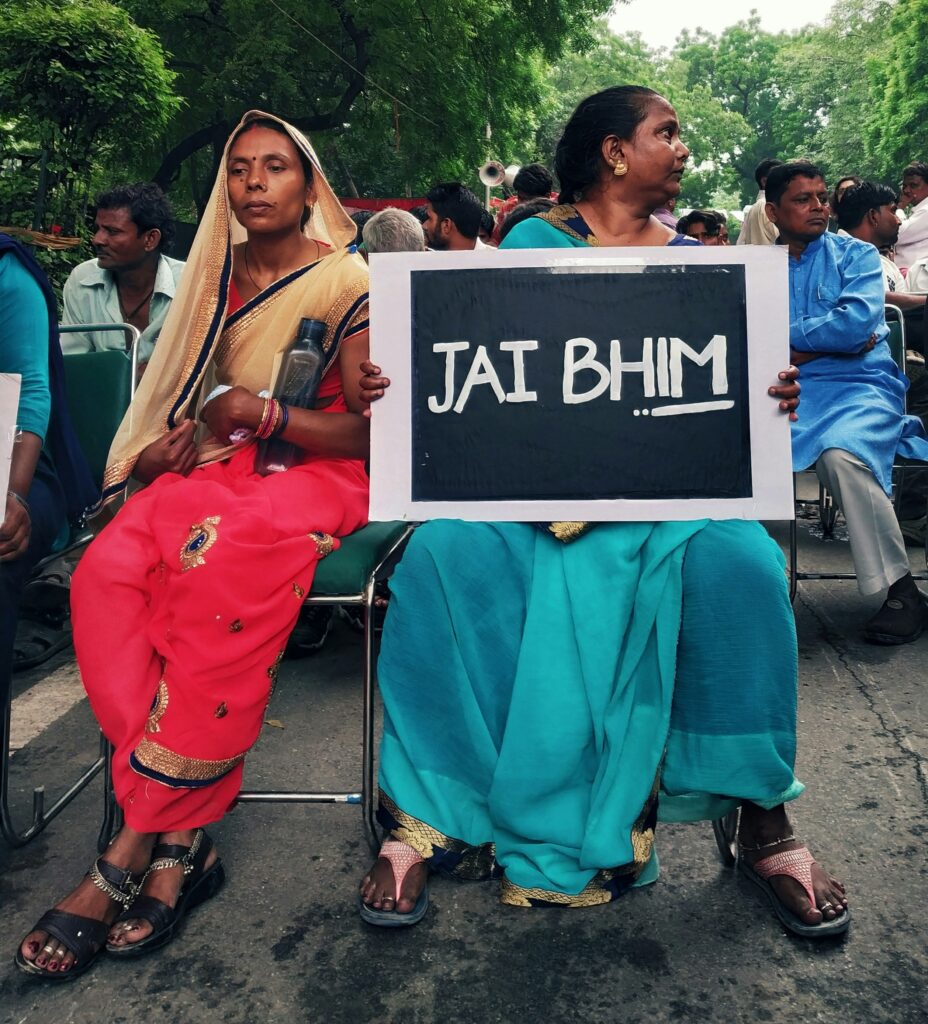
In the dynamic realm of Indian legal discourse, the Uniform Civil Code (UCC) has become a focal point of fervent debates. A national UCC would overrule prevailing personal laws at the local level that are deeply entrenched in religious scripture. Recent developments in Uttarakhand, where the Bharatiya Janata Party-led (BJP) government implemented a UCC on February 7, have triggered controversy on issues of women’s rights and rekindled national discussions on Indian secularism. This article delves into the historical roots of the UCC, tracing its origins from 1948 to the challenges faced in navigating diversity and pursuing gender justice today. Analyzing the 2019 BJP manifesto and current political dynamics, it examines varying perspectives on India’s readiness for a comprehensive UCC.
The Origins of the Debate
Debates on India’s pluralistic and secular values were at the forefront during the drafting of the Indian Constitution in 1948. The epicenter of these intense deliberations was the concept of a unified civil code, which became the UCC. It aims to homogenize the personal laws that apply across the diverse religious communities of India and that are often used to justify discriminatory practices, particularly toward women. Personal laws have governed several aspects of life in India’s more orthodox religious communities, including marriage, divorce, and inheritance. For example, Sharia law includes provisions that deprive Muslim women of inheritance rights, while Hindu customs restrict remarriage, particularly for widows. The Constituent Assembly in 1948 aimed to eliminate discriminatory customs and establish a legal framework where equality prevailed regardless of gender, caste, or religion.
A national UCC would overrule prevailing personal laws at the local level that are deeply entrenched in religious scripture.
However, a nation-wide UCC did not materialize in 1948, as the Assembly recognized the difficulties of implementation due to India’s inherent religious and ethnic diversity. Orthodox groups from various communities expressed apprehension regarding the implementation of the UCC, likely because it could challenge traditional power structures within their communities, religious practices, and the established authority of religious leaders. Despite being a directive principle in the Indian Constitution since its inception in 1950, the UCC has seen limited implementation, with debates and discussions on the subject beginning to gain momentum leading up to the inclusion of the code in the BJP manifesto in 2019.
What Would a UCC Mean for Modern India?
While there are several benefits to a unified civil code in theory, India’s current political and social landscape pose challenges to its implementation. In its 2019 election manifesto, the incumbent BJP pledged to introduce a national UCC by incorporating the most beneficial provisions from various religious laws to benefit India’s diverse population. Critics argue that this contradicts secular principles and might not adequately accommodate the varied needs and traditions of minority communities, such as India’s large Muslim minority. Proponents of the UCC emphasize several potential advantages, particularly in the realm of women’s rights in matters of marriage, divorce, and inheritance. Additionally, proponents contend that a UCC could foster a sense of national unity by promoting a shared legal identity. It would also transcend religious divides and contribute to a more integrated society.
Uttarakhand, a state under BJP rule, has set a national precedent, becoming the first state in India to successfully pass a UCC on February 7 in the state assembly. Other states such as Assam and Gujarat are also showing interest in mirroring the Uttarakhand model. Recent state-specific implementations of the UCC have notably excluded tribal groups, allowing them to continue to follow their own distinct customs and legal practices. The BJP likely made this accommodation because the party maintains its rule in these hilly northern states through coalitions with tribal parties; including tribal groups in the UCC could lead to violent resistance, posing security risks to India’s border regions.
The Uttarakhand UCC has both positive and negative provisions for the autonomy of women. On one hand, a state-specific provision that disallows live-in relationships has garnered a lot of controversy, with critics arguing that consenting adults should be allowed to live together without government interference, as no democratic system typically enforces such a rule. However, some aspects of Uttarakhand’s UCC have positive implications for women’s rights as well, including a ban on polygamy, granting men and women the same rights in divorce, and ensuring equal property inheritance for sons and daughters.

In a diverse country rich with various religious customs, opposition to the idea of a UCC has been significant. However, a more pressing question is whether India is truly prepared for the implementation of such a code. Advocates of a nation-wide UCC claim that it will promote economic and social justice by encouraging lower concentrations of wealth. The reality of India’s wealth inequality starkly diverges, with the richest one percent owning more than 40 percent of India’s wealth, calling into question the role a UCC would play in redistributing this wealth. On July 7, 2023, the Delhi High Court ardently advocated for a UCC, contending that modern Indian society is gradually becoming more homogeneous. Unfortunately, the on-the-ground reality contrasts sharply; political and religious polarization are high, and societal issues like honor killings and caste-based assaults persist. Some analysts argue that introducing a UCC could help annihilate such problems, but historical legal precedent casts doubt on these assumptions. While laws such as the Widows Remarriage Act of 1856 aimed to alleviate societal stigma around widow remarriage, abandoned widows still grapple with social and economic challenges like education disparities and remarriage taboos, reflecting the enduring impact of cultural norms and patriarchal traditions.
It is also crucial to scrutinize the political dynamics surrounding the UCC issue in the current context of Hindu nationalism and the increasing persecution of Muslims. Right-wing Hindu organizations, such as the Vishva Hindu Parishad (VHP), advocate for the implementation of the UCC as a means to undermine the religious and cultural practices of India’s large Muslim community. Such a complex web of potential benefits and concerns with a UCC leads to the conclusion that a balanced approach is the only means to chart a way forward for India.
A Balanced Approach is the Only Way Forward
It is indeed true that the Constitution of India aims to implement a UCC, stating that the “state shall endeavor to implement [a Uniform Civil Code] through the territory of India.” The most important justification behind the implementation of a national UCC is the impact it would have on women whose rights and autonomy are restricted by the personal laws of their communities, with practices such as triple talaq and inheritance laws being the most significant changes to women’s legal rights.
Prioritizing the removal of discriminatory provisions in all laws, be they personal or secular, and ensuring the swift delivery of justice should be the government’s focus, rather than an exclusive emphasis on legal uniformity.
However, because many religious minorities in India would strongly object to a UCC in their state, the most effective and peaceful approach is to achieve assent from the leadership of the state’s various communities. This process would also ideally involve a system for addressing internal divergences within communities that would involve all key stakeholders engaging in sustained and transparent dialogues with diverse representatives, seeking common ground, and incorporating feedback mechanisms. This was notably absent in the Uttarakhand implementation, where the drafting committee included retired judges and bureaucrats but lacked the presence of professionals on personal laws. The reform of legal laws should be approached gradually rather than all at once. The incremental approach described here not only aids in consensus-building but also fosters greater confidence in the government, particularly among minority communities.
The primary goal of any legal system should indeed be justice. While striking a balance between cultural sensitivity and ensuring equal rights is difficult for any legal system, India must prioritize the removal of discriminatory provisions in all laws. An exclusive emphasis on legal uniformity is inadequate for providing justice to India’s diverse communities.
Also Read: The Growing Momentum and Pushback Against Anti-Caste Politics in the Diaspora.
***
Image 1: Supreme Court of India via Wikimedia Commons.
Image 2: A woman holds a poster with a slogan saluting B.R. Ambedkar at a protest via Unsplash.


